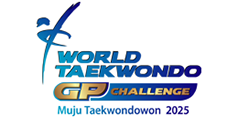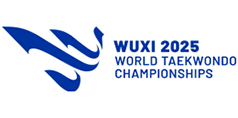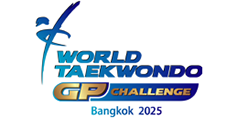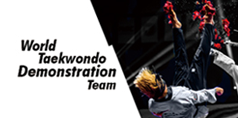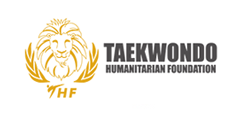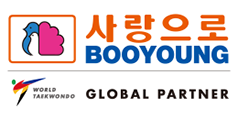n a combat sport, like taekwondo it is important to find the balance between ensuring player safety while remaining true to its martial arts roots.
It is the job of World Taekwondo Anti-Doping and Medical Committee Chair, Dr. Dae Hyoun Jeong, and his committee to try and ensure this balance is found.
“Sometimes it is difficult to keep the balance,” Dr. Jeong explains. “Our first priority is to ensure athlete safety. But by developing better protection equipment we can keep the same intensity of fighting while still protecting the athletes.”
It must be said that taekwondo is a very safe sport and the changes to the rules in recent years have been very successful in reducing head injuries. Dr. Jeong’s attention has now turned to modifying the finger protectors to reduce finger and hand injuries further.
“We work together with the IOC and the research centre at the Yonsei University [one of nine centres recognized as IOC research centres for prevention of injury] on injury surveillance. The Yonsei University has a close relationships with the IOC and by working with them we are greatly improving the work of our committee.”
A key innovation World Taekwondo has introduced is the use of a portable ultra-sound machine on site. Dr. Jeong explains that by using the machine on site as a diagnostic tool, the medical team have been able to decrease by 35% the number of injury that need to go to hospital. This not only saves the athletes’ time and hassle but also reduces costs. World Taekwondo is a leader in this regard with very few other federations using this technology.
The other major priority for Dr. Jeong is of course anti-doping. Taekwondo is not traditionally a sport which suffers from doping cases to the same extent as other sports but World Taekwondo knows nothing can be taken for granted.
“We are in the process of further developing our anti-doping education for our athletes and their entourages,” Dr. Jeong says. We are also working with WADA and other independent anti-doping experts to build a stricter anti-doping surveillance system.”
Education is a priority for the Committee. World Taekwondo hosted a very successful education booth during the World Taekwondo Championships in Muju which provided athletes and their entourages with extensive anti-doping education. An anti-doping education programme has been set up and was implemented in London at the World Taekwondo Grand Prix.
“We are also developing an anti-doping pocket book,” Dr. Jeong adds. “This will have all the information on anti-doping and include the WADA Prohibited List. Putting it in a pocket book will mean all the information will be easily accessible to athletes.”





























